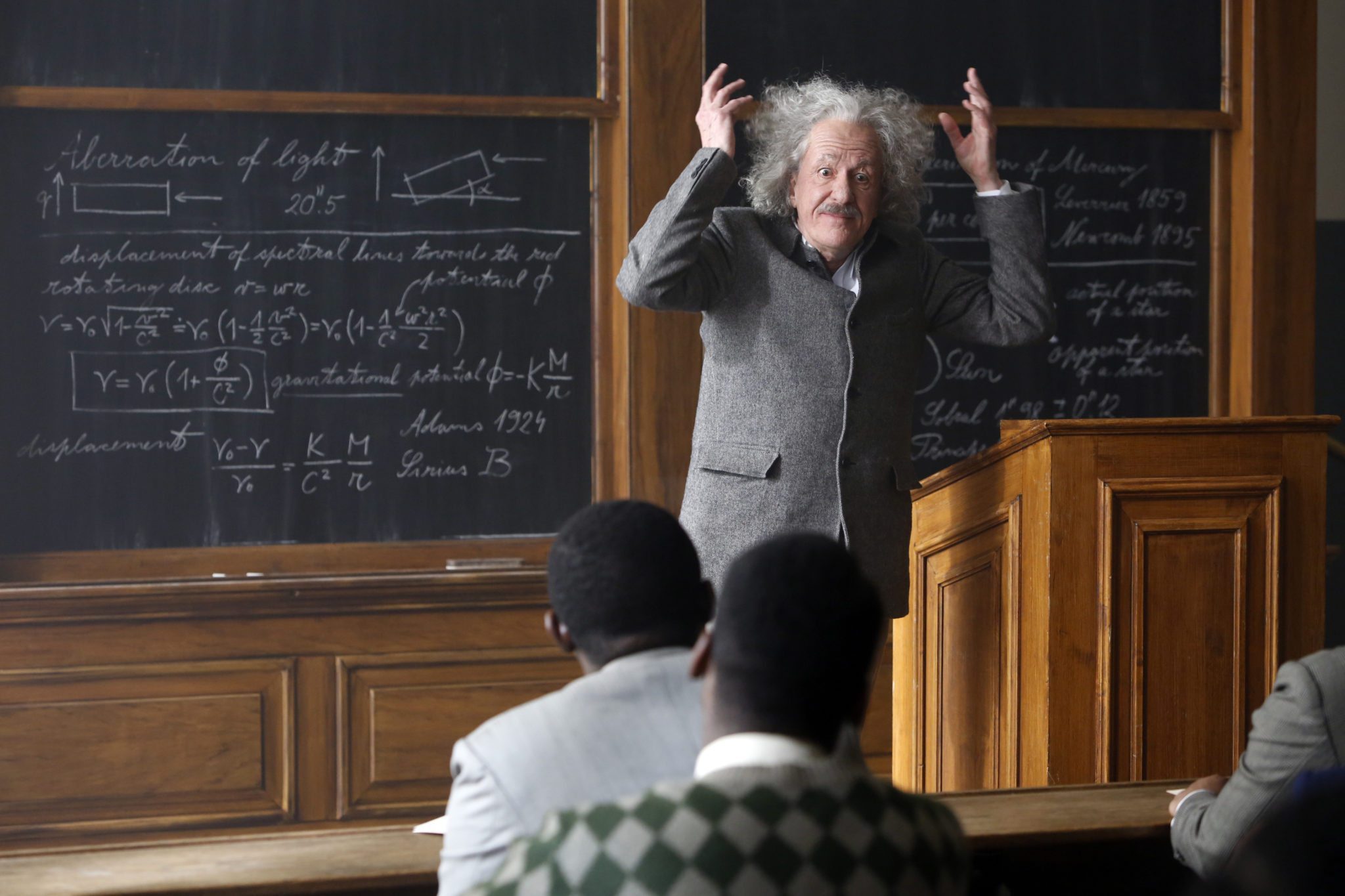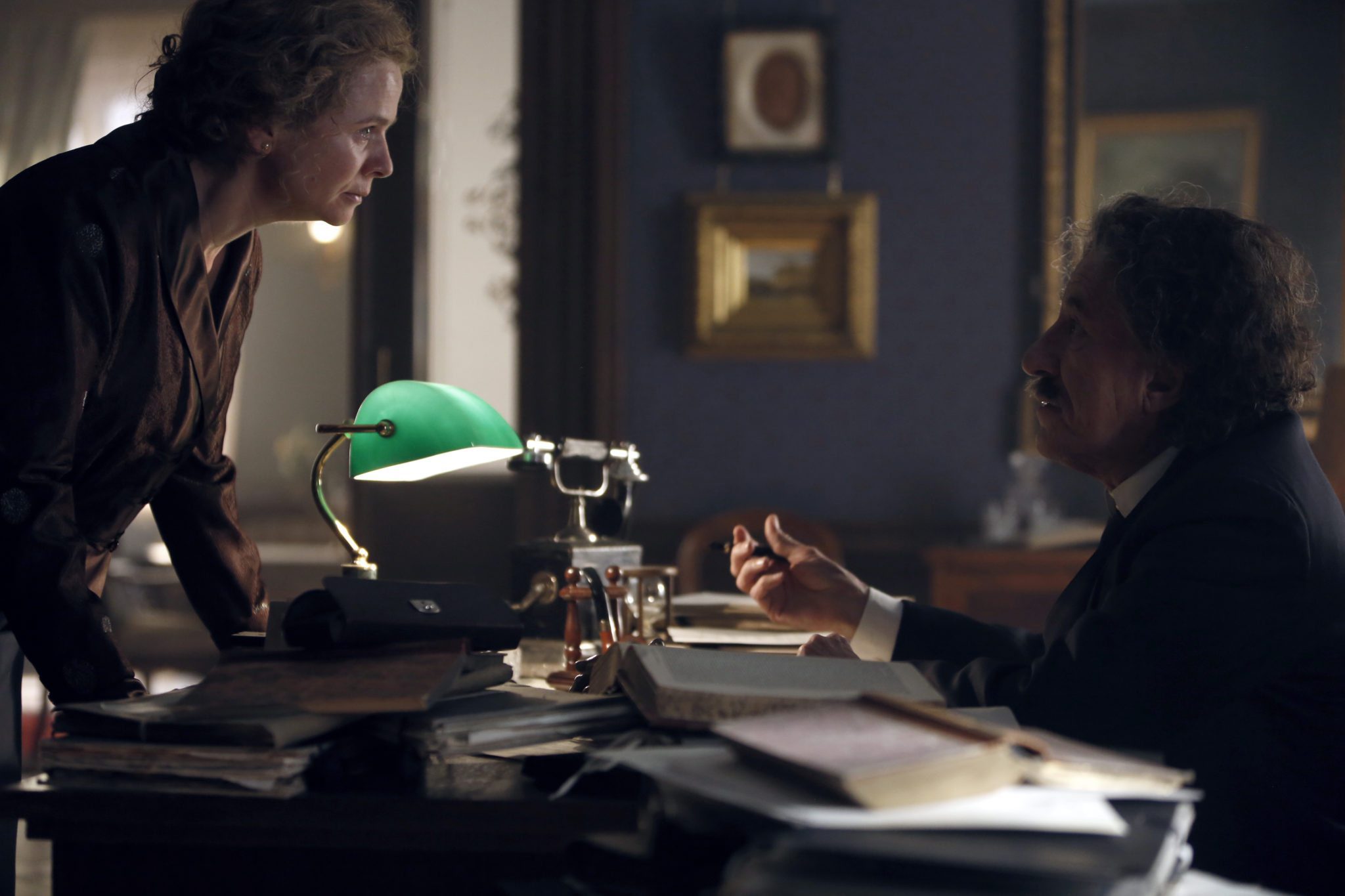
Genius Finale — Bringing Back the Joy
In the two-hour conclusion, Albert Einstein has moved to the US and is a professor at Princeton University. But the events of the world have seemed to conspire against him.

In the two-hour conclusion, Albert Einstein has moved to the US and is a professor at Princeton University. But the events of the world have seemed to conspire against him.

Sin can only be hidden for so long, but it will eventually be exposed. Episode 7 makes this fact crystal clear.